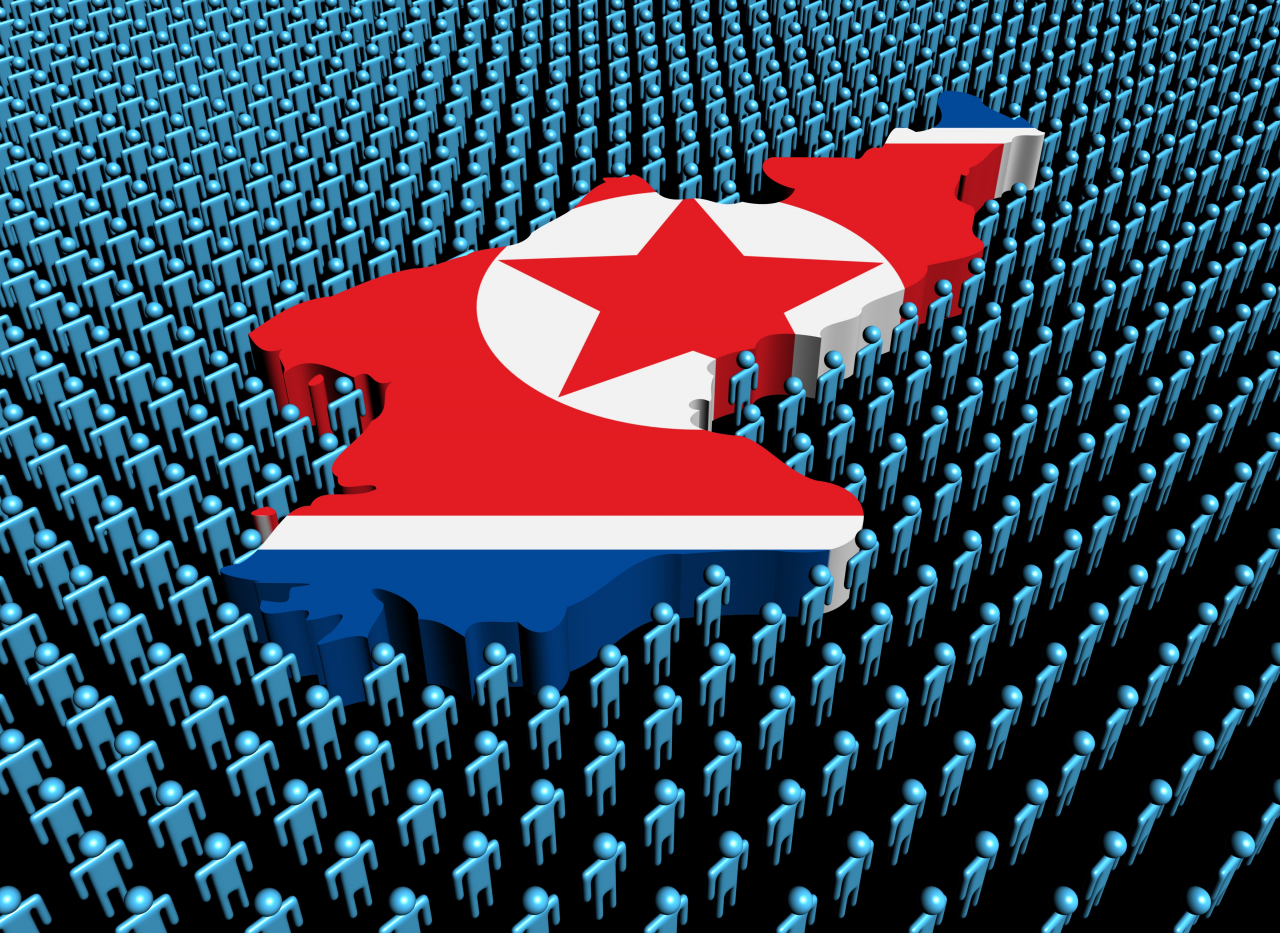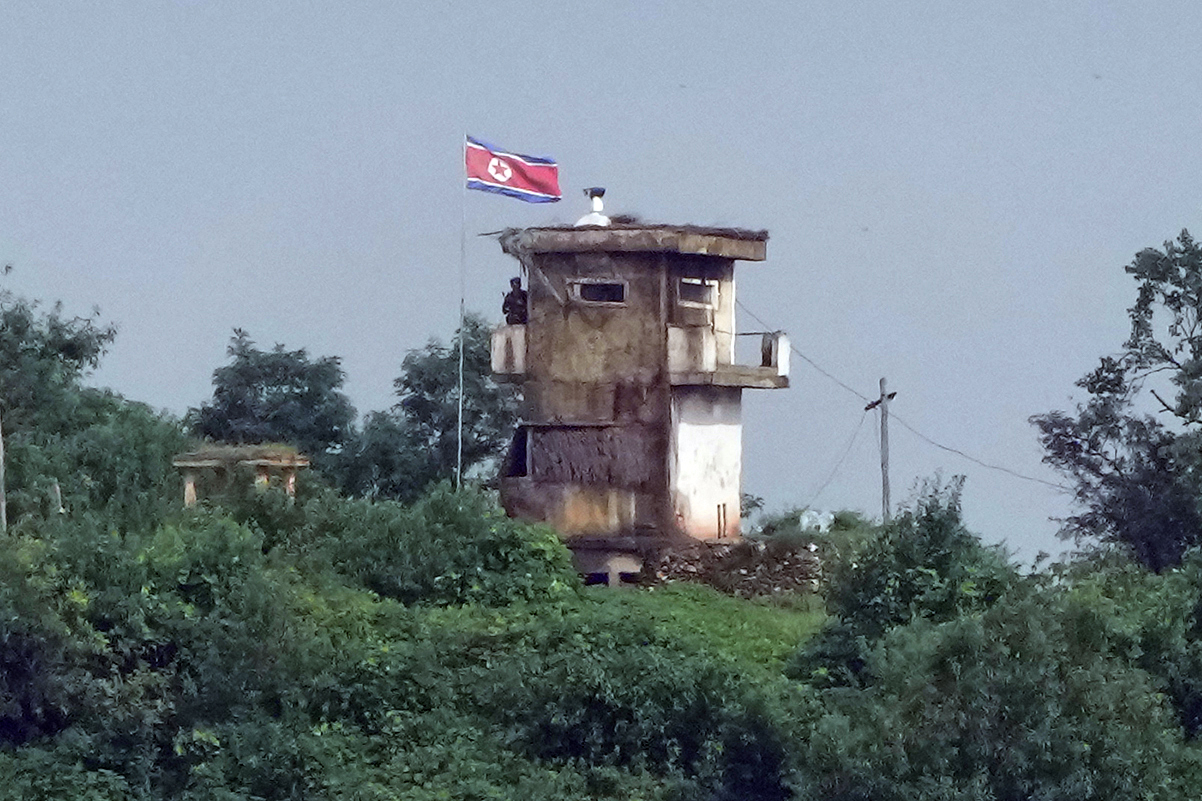 |
(123rf) |
An ongoing investigation into the leak of military secrets, including personal details of South Korean covert agents abroad, has raised serious concerns about the potential impact on the human intelligence operations critical for gathering information on North Korea.
South Korea's Defense Ministry confirmed Tuesday that its central military court issued an arrest warrant for a civilian military employee of the Korean Defense Intelligence Command "on charges including leaking military secrets" in a statement.
The official has been accused of leaking sensitive information of the intelligence command, including the names, locations and other personal details of South Korean covert agents, including those who engaged in human intelligence operations abroad, to a Chinese citizen of Korean ethnicity.
The Defense Counterintelligence Command, which is leading the investigation, has been focusing on determining whether the suspect acted under the direction of North Korea and whether the information was conveyed to North Korea.
Rep. Park Chan-dae, acting chair of the Democratic Party of Korea, said in an interview with local broadcaster MBC on Wednesday, "The impact on human intelligence could be devastating, making it nearly impossible to restore the intelligence network within the next decade."
The military's intelligence command is tasked with high-risk operations, including direct infiltration into North Korea and intelligence gathering near the border, utilizing "black agents." In contrast to overt agents including those who serve in embassies with their identities known, black agents work undercover, maintaining a high level of secrecy.
Experts emphasize that training black agents involves a significant investment of time and resources, including years of field training and cultural and language acquisition.
However, if their identities are compromised, these black agents can no longer participate in covert operations, delivering a significant blow to human intelligence-gathering capabilities, particularly those focused on North Korea.
Yoo Dong-ryul, head of the Korea Institute of Liberal Democracy, warned that "human intelligence capabilities could be reset to zero" if confidential information about black agents were leaked to North Korea.
"That means we will have to start from scratch. In other words, the human intelligence capabilities are significantly compromised," Yoo, who has spent around 25 years studying national security at the Police Science Institute of the Korean National Police University, told The Korea Herald.
Yoo also highlighted that South Korea has a significant advantage in human intelligence when gathering information on North Korea due to the shared Korean language, among other factors. In contrast, the United States excels in scientific intelligence methods such as signals and satellite intelligence.
"The scientific and human intelligence methods complement each other, however. For North Korean intelligence, it's like a bird needing both wings to fly -- one wing representing scientific intelligence and the other human intelligence," Yoo said.
"If our human intelligence capabilities are neutralized, it's akin to trying to fly with just one wing."
 |
A North Korean soldier stands at the North's military guard post as a North Korean flag flutters in the wind, in this view from Paju, South Korea, on July 24, 2024. (AP) |
The case, initially reported by local media last week, prompted the National Assembly's Intelligence Committee to hold a briefing on the matter Tuesday.
During the briefing, the intelligence command admitted that it had been aware of the espionage since June, according to Rep. Lee Seong-kweun of the ruling People Power Party after attending the briefing.
Lee also disclosed that the intelligence command has implemented three immediate measures in response to the incident: recalling agents stationed overseas, imposing a travel ban on agents and initiating a comprehensive inspection to address systemic issues and resolve security concerns.
Rep. Park Sun-won of the Democratic Party expressed concerns over recent issues surrounding overseas intelligence gathering activities, citing the case of Sue Mi Terry, a former CIA official and North Korea expert who has been charged with acting as an unregistered agent for Seoul since at least 2013 in exchange for bribes.
"The emergence of another issue in overseas intelligence operations further heightens concerns, as public security depends on accurate information," Park said. "The situation requires a more responsible and systematic resolution."
The incident has also prompted calls to broaden the scope of espionage laws to include acts committed on behalf of not only North Korea but also other foreign countries.
Under South Korea's criminal law, espionage is only considered punishable if it involves a person acting as a spy for an enemy country or assisting a spy of an enemy, which refers to North Korea. Article 13 of the Military Criminal Act also stipulates that "espionage for the enemy shall be punished by death."
Proposed revisions to the espionage law have been repeatedly introduced in the National Assembly, but they often get overshadowed by political disputes between rival parties, causing these proposals to lapse at the end of each legislative term.
Ruling party chief Han Dong-hoon called on the National Assembly on Tuesday to "amend the espionage law this time to establish at least a minimal legal safety net to protect our people and national interests."







![[Herald Interview] How Gopizza got big in India](http://res.heraldm.com/phpwas/restmb_idxmake.php?idx=644&simg=/content/image/2024/11/20/20241120050057_0.jpg)